Publications
Articles, publications, books, tools and multimedia features from the U.S. Institute of Peace provide the latest news, analysis, research findings, practitioner guides and reports, all related to the conflict zones and issues that are at the center of the Institute’s work to prevent and reduce violent conflict.
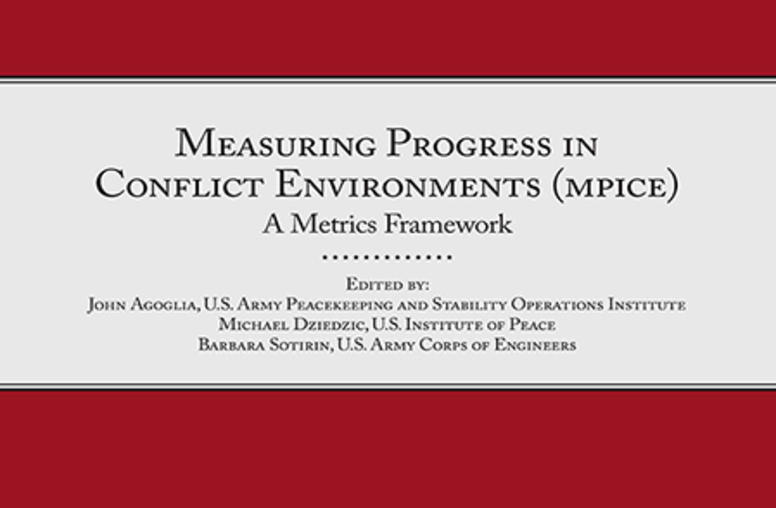
Measuring Progress in Conflict Environments (MPICE)
The primary objective of the Measuring Progress in Conflict Environments (MPICE, pronounced M-Peace) project is to provide a comprehensive capability for measuring progress during stabilization and reconstruction operations for subsequent integrated interagency and intergovernmental use. MPICE enables policymakers to establish a baseline before intervention and track progress toward stability and, ultimately, self-sustaining peace. The intention is to contribute to establishing realistic goal...
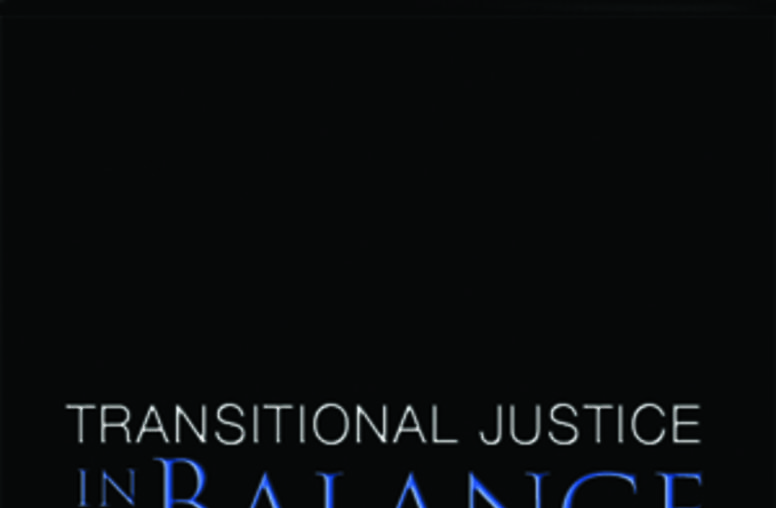
Transitional Justice in Balance
In the first project of its kind to compare multiple mechanisms and combinations of mechanisms across regions, countries, and time,Transitional Justice in Balance: Comparing Processes, Weighing Efficacysystematically analyzes the claims made in the literature using a vast array of data, which the authors have assembled in the Transitional Justice Data Base.

Terror on the Internet
Terror on the Internet, a USIP Press book by noted scholar Gabriel Weimann, uses data from an eight-year study to conclude that terrorism on the Web has increased dramatically from 1998 to today.
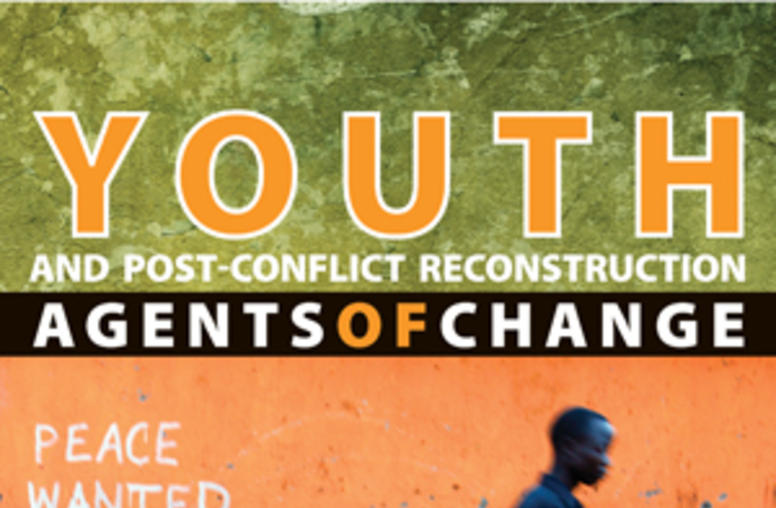
Youth and Post-Conflict Reconstruction
In conflict and post-conflict situations, youth constitute a reservoir of energy. Some young people choose to fight or are forced into a life of violence. Others are able to work to improve their communities, contribute to peacebuilding, reconciliation and reconstruction, and become invested in their countries’ future peace. Youth and Post-Conflict Reconstruction: Agents of Change uses three cases of post-conflict reconstruction—Mozambique, the Democratic Republic of the Congo, and Kosovo—...
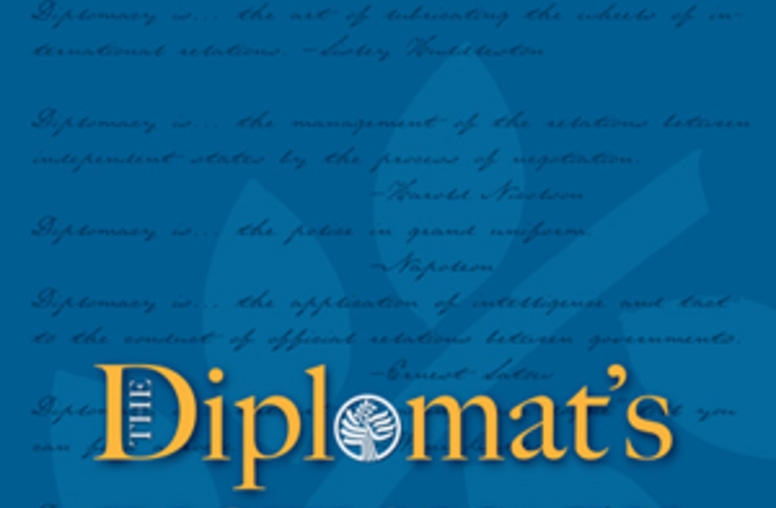
The Diplomat's Dictionary
With its first edition in 1994, The Diplomat’s Dictionary quickly became a classic reference book, offering professionals and enthusiasts practical information, witty insights, and words of wisdom on the art and practice of diplomacy. The expanded second edition contains 476 new entries, including definitions for selected up-to-date terminology and hundreds of additional quotations from across cultures and centuries.

American Negotiating Behavior
Informed by discussions and interviews with more than fifty seasoned foreign and American negotiators, this landmark study offers a rich and detailed portrait of the negotiating practices of American officials. Including contributions by eleven international experts, I assesses the multiple influences--cultural, institutional, historical, and political--that shape how American policymakers and diplomats approach negotiations with foreign counterparts and highlights behavioral patterns that tr...
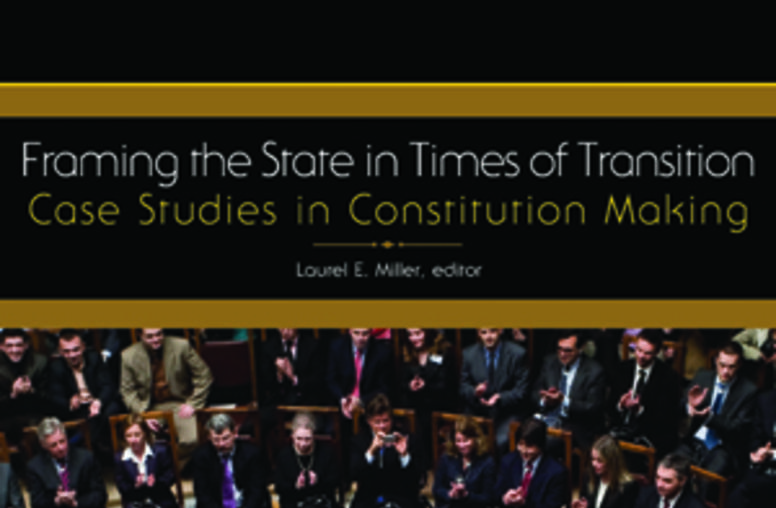
Framing the State in Times of Transition
Analyzing nineteen cases, Framing the State in Times of Transition offers the first in-depth, practical perspective on the implications of constitution-making procedure, and explores emerging international legal norms.
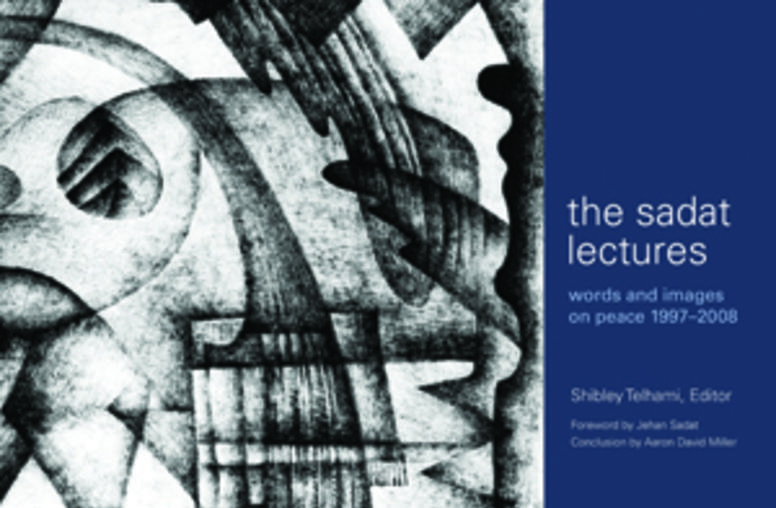
The Sadat Lectures
The Sadat Lectures is a compilation of thought-provoking speeches delivered by some of the most accomplished practitioners of international relations: Ezer Weizman, Jimmy Carter, Henry Kissinger, George Mitchell, Nelson Mandela, Kofi Annan, Mary Robinson, James Baker, and Mohamed ElBaradei. Accompanying these speeches are full-color reproductions of winning artwork from the Sadat Art for Peace Award.
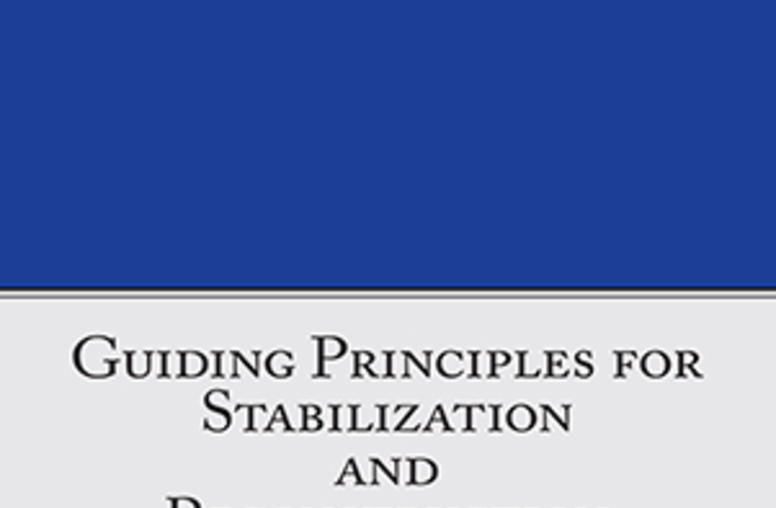
Guiding Principles for Stabilization and Reconstruction
The Guiding Principles for Stabilization and Reconstruction (S&R) manual presents the first strategic “doctrine” ever produced for civilians engaged in peacebuilding missions. It is a practical roadmap for helping countries transition from violent conflict to peace.
Guiding Principles for Stabilization and Reconstruction (The Web Version)
The web version of the Guiding Principles for Stabilization and Reconstruction (S&R) allows readers to experience the fully interconnected nature of S&R missions. Readers can search the text of the manual while also linking quickly from one section to another to access Linkages, Trade-offs, Gaps, Challenges, Resources and other points of connection. The manual presents the first strategic “doctrine” ever produced for civilians engaged in peacebuilding missions. It is a practical ro...